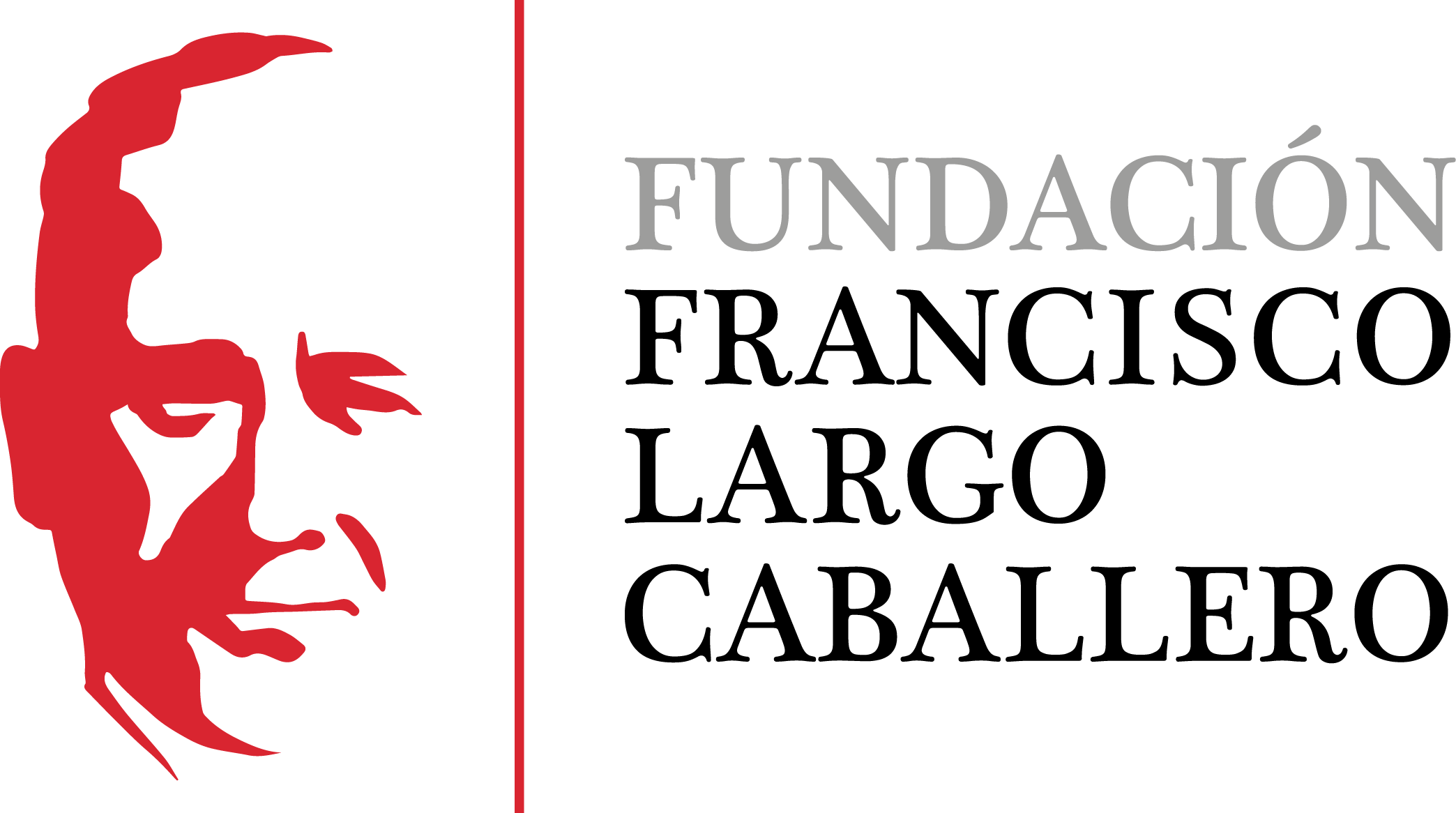Conflicting Voices. The Concepts of Democracy in the Perú (1790-1870)
DOI:
https://doi.org/10.69791/rahc.192Keywords:
Perú, Democracy, Popular sovereignty, equality, universal suffrage, republicanismAbstract
The present work is an attempt to track the mobility of the concept Democracy in the Peru between 1790 and 1870. This mobility is understood from the point of view of the semantic extension of the word along the period studied. It aims to help to understand the contextual stages of the Peru in this period linking it with the meanings that Democracy was purchasing. At the same time this article put the voice Democracy in relation with the distinct subjects that the same includes: popular sovereignty, popular suffrage, equality, freedom, education, amongst others. The text tries to cover an important period of political transformations through one of the concepts that contains an important polysemy, because the increasing of his meanings can show some modifications of the word but also some continuities that have to be valued. Democracy is a concept that transforms constantly but that at the same time keeps some roots anchored in the past depending of the actors that defend it. This allows us to approach the political and social reality of the Peru in the remarked decades.
Downloads
Global Statistics ℹ️
|
164
Views
|
50
Downloads
|
|
214
Total
|
|
Downloads
Published
How to Cite
Issue
Section
License
Copyright (c) 2011 Francisco Núñez Díaz, David Velásquez Silva

This work is licensed under a Creative Commons Attribution 4.0 International License.
Alcores is an open-access journal. It provides unrestricted access to its content from the moment of publication. We respect intellectual property rights, and for this reason, the author retains the copyright. All content is distributed under a Creative Commons Attribution 4.0 International (CC BY 4.0) license. The terms of the license can be consulted at: https://creativecommons.org/licenses/by/4.0/
This license allows sharing (copying and redistributing the material in any medium or format) and adapting (remixing, transforming, and building upon the material for any purpose), provided that authorship and first publication in this journal are properly credited, a link to the license is included, and any changes made are indicated.
This type of license facilitates the freedom of reuse and ensures that the content of this journal can be used to meet research needs.









